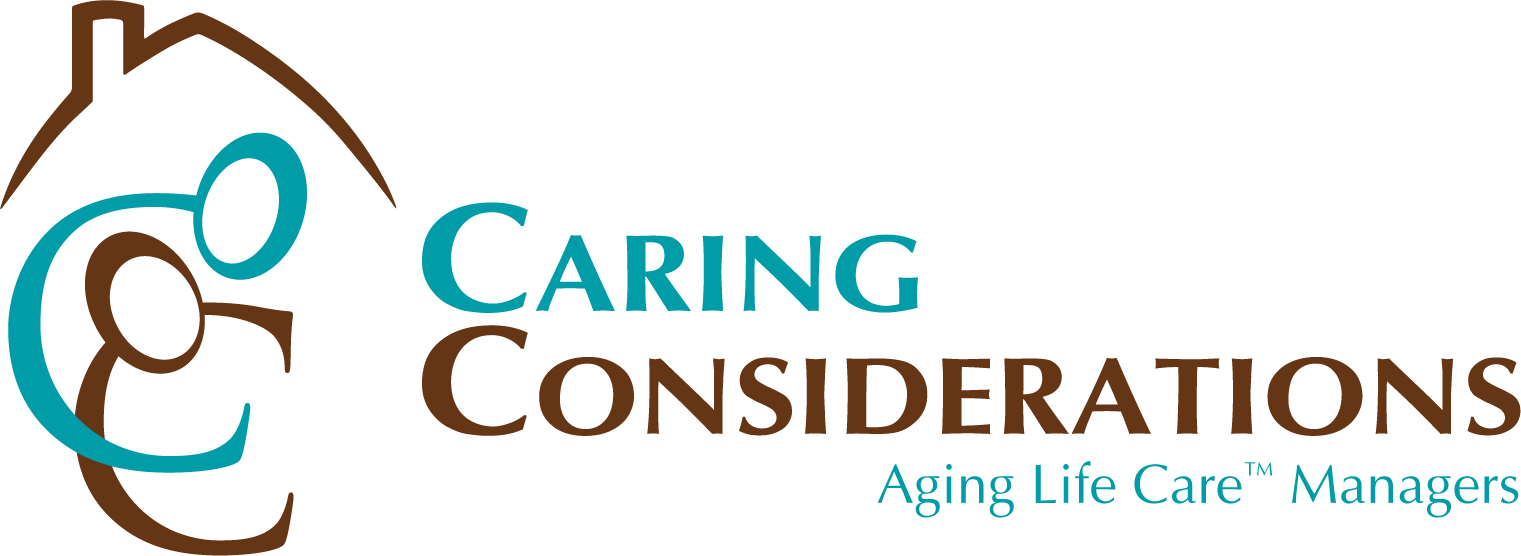It can be a little confusing. Both terms use the word care. When an older adult needs help, we commonly think of someone who can come to the home and help around the house. They are known as Aides (or caregivers, certified nurse’s aides, companion, private duty aides). While this is true, isn’t it also true that older adults need help with more complex tasks such as advocacy, coordinating services, medication, Dr. appointments, managing finances, emergencies, etc.? Are Aides expected to perform those tasks?
The answer is no. A son or daughter would usually perform those higher-level duties. But what if an older adult didn’t have family support? (We’ll get to that later.)
Here’s what an Aide would be doing:
| What is HOME CARE? |
| An Aide provides meal prep, light housekeeping, shopping with client, laundry, transportation (if possible) |
| Personal “hands-on” care for the following necessary Activities of Daily Living (ADLs): |
| Bathing, Dressing, Grooming, Walking, Eating, Toileting, Transferring to Bed, etc. |
| Verbal reminders to take medication, being nearby for safety and companionship |
| Home Care Agency- RN Supervisors perform the intake, visit client a minimum of every 90 days, schedule, supervise and train Aides. |
| Agency is responsible for staffing and payroll. |
| Private-pay/Private-duty Aides are not supervised by an Agency. They contract and receive payment directly from client or family. |
Many family members help with personal care (ADLs) and Care Management. Care Management which can be described as all the other aspects of life: advocacy, care coordination, Dr. appointments, decision support, medication management, and being available 24/7 for an emergency.
Here’s what Care Management would be doing:
| What is CARE MANAGEMENT? |
| A professional* will perform a holistic assessment of risks and needs. Medical, social, safety, cognition, housing, social, legal, financial, personal goals, etc. are all documented, and a care plan is developed to improve overall quality of life. |
| A Care Manager will help coordinate, execute tasks, communicate and provide ongoing education/guidance. |
| RN supervised Dr. appt.s, 24/7 emergency response, coordination of associated services such as home care, hospitalization, rehab, physical therapy, daily money managers, fiscal oversight, hospice, home modifications, etc. |
| Communicate care plans and update as needed. Discuss living and care options. |
| RN manages medications, overall health checks, vital sign monitoring, communicates with Dr.s, and insurance |
| Reports to responsible party: family, POA, Guardian or Trustee |
Consultations are a big part of Care Management. Individuals and families are often faced with a learning curve to solve problems and concerns such as,
- “Would all of our lives be better if she were in an assisted living?”
- “How can I get him to accept help?”
- “How do I handle worsening memory loss ?”
- “Am I doing the right things?”
- “Who will be there for me as I age?”




